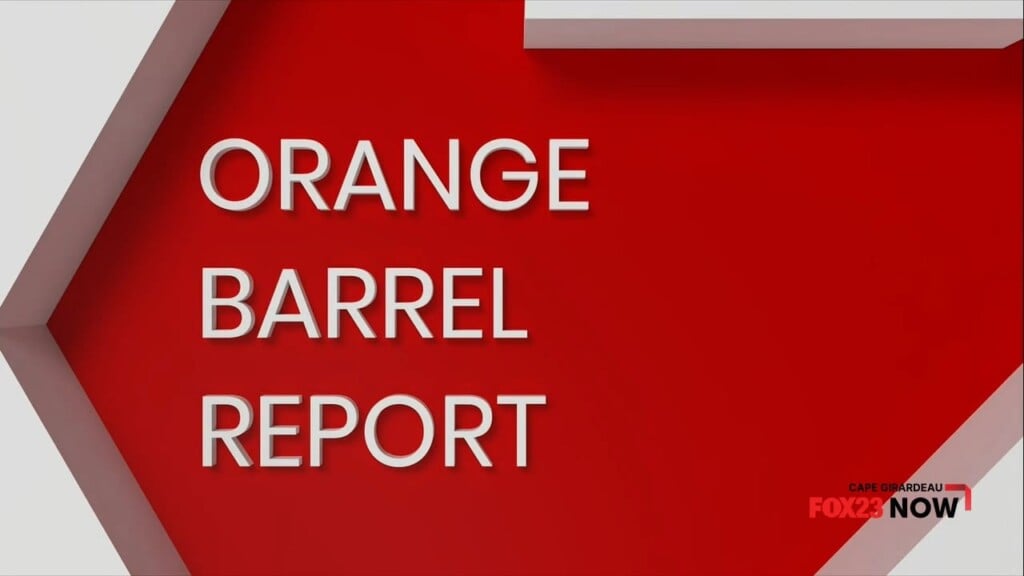Red Cross urges public to test smoke alarms as clocks fall back this weekend
FOX23 News at 9 p.m.
CHICAGO, Ill., (KBSI) – As daylight saving time ends on Sunday, Nov. 2, the American Red Cross is reminding everyone to test their smoke alarms when turning clocks back to ensure they are working properly.
“Working smoke alarms cut the risk of dying in a home fire in half, as you only have about two minutes to safely get out,” said Kellie O’Connell, CEO of the Red Cross of Illinois. “Every second counts when there’s a home fire, and the sooner an alarm alerts you, the sooner you can reach safety.”
So far this year, Red Cross volunteers have assisted more than 6,500 people affected by nearly 1,400 home fires across the Illinois Region. Home fires account for the majority of the 65,000 disasters the Red Cross responds to each year nationwide.
The organization encourages residents to test their alarms, replace batteries if needed, and review family escape plans. Additional safety tips include:
Install smoke alarms on every level of your home, inside and outside sleeping areas.
Replace alarms every 10 years, as sensors lose sensitivity over time.
Practice a home fire escape plan to ensure everyone can exit in less than two minutes.
Identify at least two ways out of each room and establish a safe meeting point outside.
Those unable to afford smoke alarms or install them may be eligible for free assistance through the Red Cross Home Fire Campaign. More information is available at redcross.org/fire.
Since launching in 2014, the Home Fire Campaign has saved at least 2,284 lives by installing free smoke alarms, helping families create escape plans, and promoting fire safety education nationwide.
The Red Cross also thanked its national partner, State Farm, for supporting the “Sound the Alarm” initiative, which helps build safer, more prepared communities.
The American Red Cross shelters, feeds and provides comfort to disaster victims; supplies about 40% of the nation’s blood; teaches lifesaving skills; and supports military families. To learn more or get involved, visit American Red Cross | Help Those Affected by Disasters.


